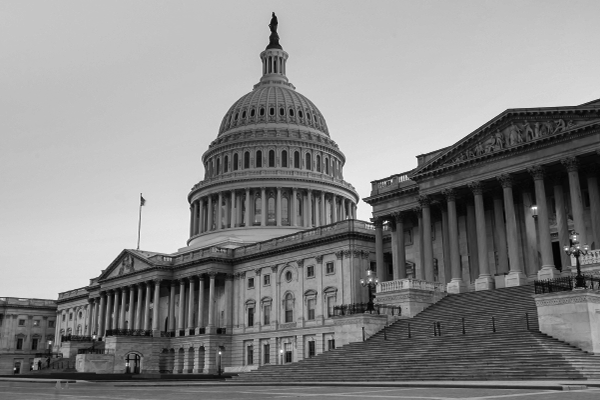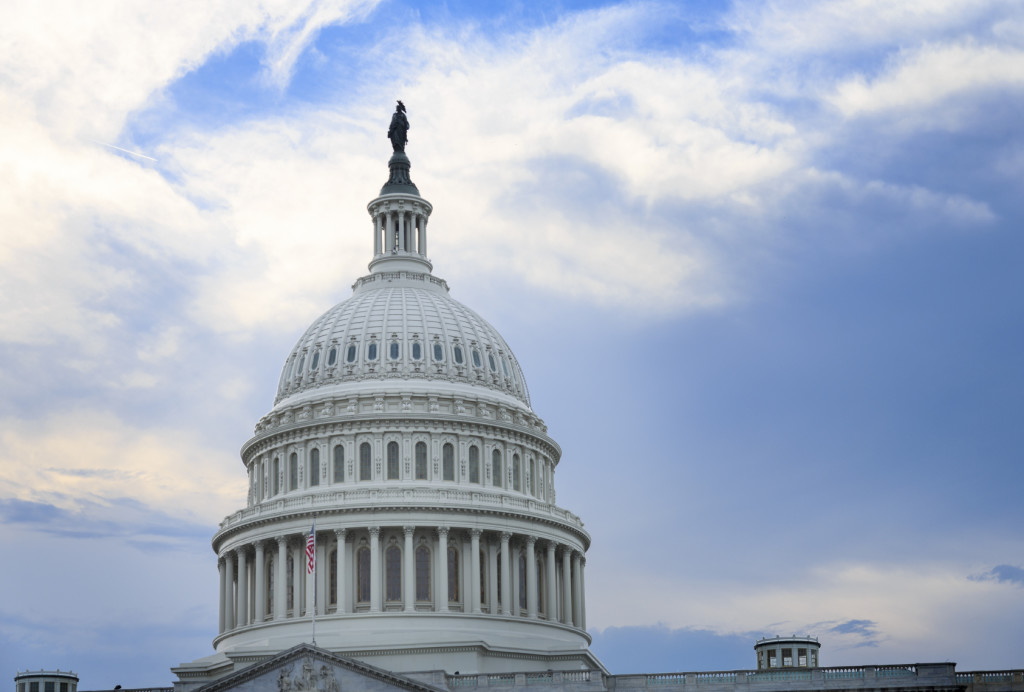Harry Reid Reaps Subsidies for Green Energy Companies

A new report raises questions about dealings between Sen. Harry Reid and green energy companies seeking federal subsidies. These companies received billions in taxpayer dollars after donating to an organization run by Reid allies, according to The Washington Free Beacon.
Reid, who was Senate Majority Leader from 2007–2015, has bragged about steering federal grants and loans to green energy companies in Nevada. Each of these companies happened to receive subsidies after donating to a nonprofit group founded by former Reid staffers, the Clean Energy Project (CEP).
Below is a partial list of the companies that donated to the Reid-tied CEP and also received preferential treatment from Sen. Reid and the Obama administration:
- Fulcrum BioEnergy received a $105 million grant from the Agriculture Department and $70 million grant from the Defense Department after donating to the CEP in 2013 and 2014.
- Abengoa, a CEP donor, received fast-tracked approval for a solar project after Sen. Reid pressured the Interior Department. The company also received a $1.2 billion loan guarantee in 2011.
- First Solar, a CEP donor, received similar fast-track treatment by Sen. Reid for its solar permit application. Moreover, in 2011, the Export-Import bank awarded the company a $455.7 million loan guarantee to sell solar panels to itself, according to an investigation by the Washington Examiner.
- SolarReserve, a CEP donor, received a $737 million loan guarantee after Reid sent a letter urging President Obama to expedite approval.
- SolarCity, a CEP donor, benefited from an extension of federal solar tax credits, which Reid pushed for as Senate Majority Leader.
- Amonix, whose lobbyist is a CEP board member, received $6 million in solar tax credits—Sen. Reid said he “made sure” Amonix secured the subsidies. The company also received a $15.6 million grant during the Bush administration. In 2012, Amonix closed its solar manufacturing plant in Las Vegas after just 14 months of operation.
- NV Energy, a CEP donor, received a $138 million grant after Sen. Reid boasted, “I advocated for this funding.”
- Ormat Geothermal received a $350 million loan guarantee after the company donated to the CEP and its president gave money to Sen. Reid’s political campaign.
- Nevada Geothermal has received more than $100 million in grants and loan guarantees. The company lists Ormat as a contractor.
Sen. Reid exploited the gusher of taxpayer funds made available by the federal stimulus in 2009. The stimulus funneled billions of dollars to green energy companies, many of which went bankrupt after receiving federal support.
Some of the biggest green-energy failures have come from the biofuel industry. For example, one of Reid’s favored solar companies, Spanish-based Abengoa, also received $132 million in subsidies for a biofuel facility in Kansas. That plant was supposed to open in 2013 with an annual capacity of 25 million gallons of cellulosic biofuel. However, the plant didn’t open until October 2014 and hasn’t come anywhere close to meeting production targets. In fact, all of the cellulosic biofuel facilities in the country produced just 728,509 gallons of biofuel last year, according to EPA data, despite a federal Renewable Fuel Standard mandating millions of gallons per year.
Abengoa’s woes pale in comparison to those of KiOR, another politically-connected biofuel company. KiOR was founded by Vinod Khosla, a billionaire investor and Obama donor. The company received a $75 million loan from the state of Mississippi to build a biofuel facility in Columbus. In November, KiOR filed for bankruptcy after years of cost overruns and missed production targets. Court papers show KiOR’s revenue totaled just $2.25 million compared to $629.3 million in losses, leaving creditors, including Mississippi taxpayers, on the hook. KiOR is also facing a class-action lawsuit for allegedly making “false and misleading statements” to investors about the “timing of projected production levels” at its Columbus facility.
The government can’t simply subsidize or mandate a product to be cost effective. Despite lavish subsidies and mandates, the cellulosic biofuel industry has failed to get off the ground, with troubled companies like Abengoa and KiOR securing billions of dollars in federal and state subsidies to build production facilities that often fail to live up to the hype. These companies also benefit from the RFS, a federal mandate that requires refiners to purchase and blend millions of gallons of biofuels into gasoline each year.
The solution is to let Americans – not politicians – make their own energy choices. While Sen. Reid brags about giving preferential treatment to companies that support his political allies, American families suffer the consequences. This system of cronyism creates inefficiencies by propping up failing companies at the expense of successful ones. As a result, the public ends up paying higher energy costs and taxpayers are left picking up the tab. The success or failure of energy sources shouldn’t depend on their ability to trade donations for handouts, but rather on their ability to provide a valuable product to American families.




